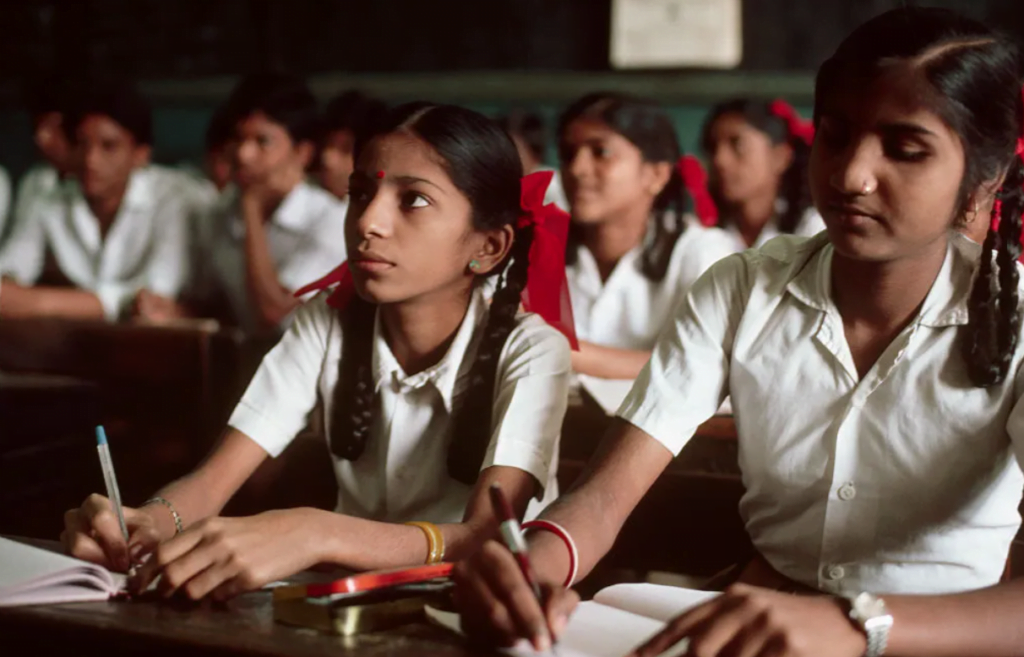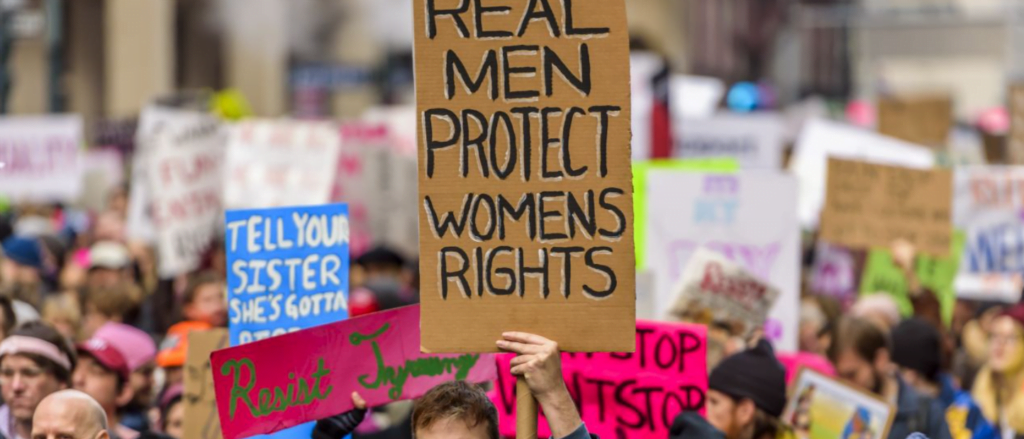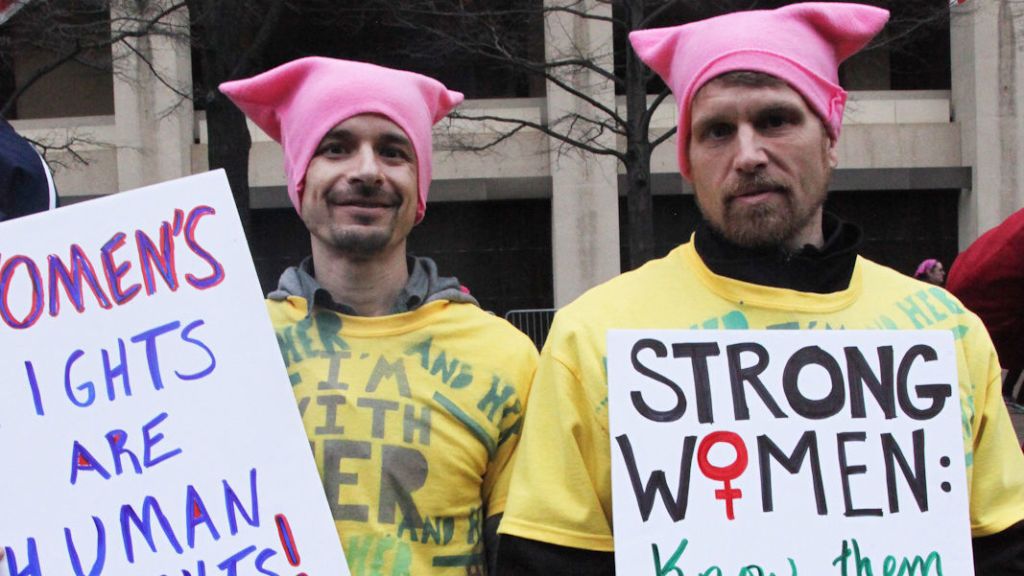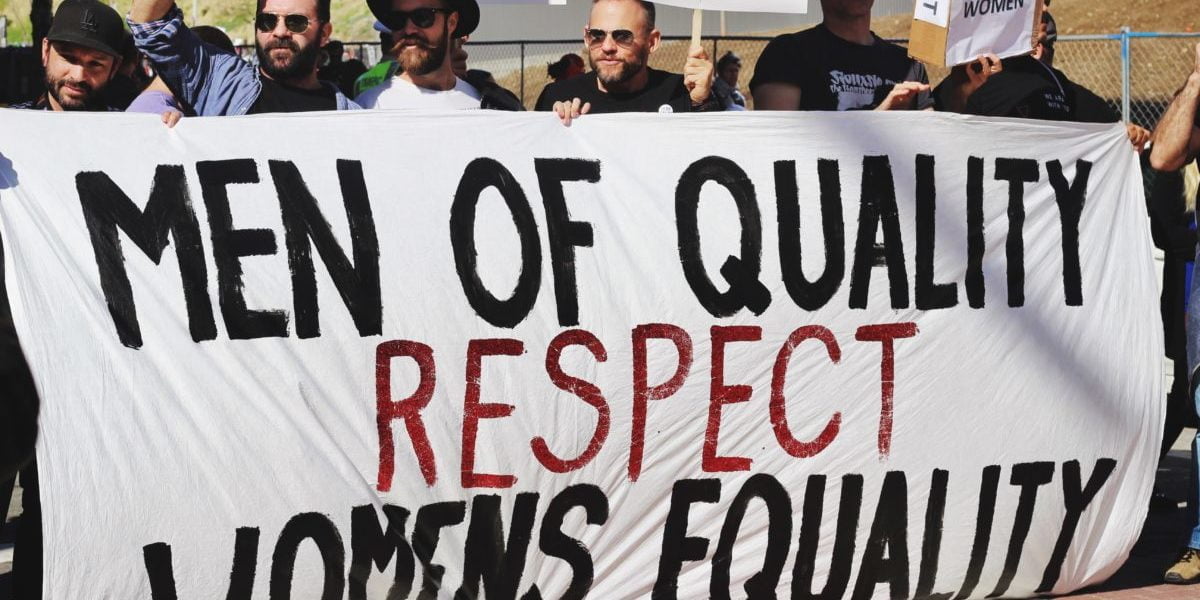Gender equality has been discussed for a long time, and no matter what people from all over the world say, “Why do we still need to discuss or talk about gender equality?” the ironic fact is that if there is still a need to question or discuss the concept, it proves that we are still a long way from achieving gender equality, particularly in the world’s largest democracy. While the fight for gender equality is typically portrayed as a women’s problem, men’s contributions are just as vital. In the framework of Indian democracy, creating coalitions between men and women is crucial to establishing a society based on equality and fairness.
India has a diverse history of social movements that revolve around combating gender inequality. From the women’s suffering movement to fight for equal rights in education and employment, or equal voting rights, Indian women have long led the charge for gender equality. However, development has been uneven, and deeply embedded patriarchal standards continue to influence social attitudes and behaviours.
Progress in female literacy
Only 6 per cent of Indian women were literate at the time of independence in 1947. According to a nationwide census survey performed by the Census Organisation of India, female literacy rates in India have reached about 65 per cent by 2011. Literacy is essential for women’s empowerment since it enables them to become economically self-sufficient, gain access to education, jobs, and healthcare, and question gender norms. Furthermore, women’s literacy has a beneficial spillover effect on the literacy of children, families, and communities.

However, the quest for complete female literacy continues. Regional differences persist, with some states having high literacy rates while others fall behind. Socioeconomic constraints such as poverty, child marriage, and a lack of quality education continue to impede growth, particularly in rural areas. Furthermore, deep-rooted gender prejudices that prioritise schooling for boys remain a challenge.
Despite these limitations, India’s increase in female literacy is a positive indicator. By focusing on strengthening educational infrastructure, tackling gender stereotypes within communities, and empowering female instructors, India can ensure that all women have the opportunity to be literate and make meaningful contributions to society.
Why women-centric approaches are not enough
While the continuous efforts of women’s rights movements have undoubtedly resulted in progress, a completely female-centric approach has limitations. Focusing solely on women’s mobilisation can promote an “us vs. them” mentality, alienating potential male allies. This can inhibit further socioeconomic progress.
Women bear the whole burden of fighting for their rights, which ignores the power dynamics inherent in a patriarchal system. Sustainability requires a shift in societal norms and ideas. Women campaigning alone may struggle to accomplish this without the assistance of men as allies in positions of power and influence.
The role of men
First, we must seek to improve gender norms in India’s society. The issue is not with the idea of equality. A new Pew Research Centre survey found that most Indians support gender equality. However, Pew discovered that traditional gender norms retain sway over many people, including women, who want men to play a larger role in many aspects of home and public life.
Men can be supporters and campaigners for women’s rights, use their privilege to amplify women’s voices and support their leadership.
Men must actively participate in the drive for gender equality. Men hold positions of power and influence in many areas of society, including politics, business, and the media. As a result, we have a unique chance to question current gender conventions and promote more inclusive and fair policies. Men can be supporters and campaigners for women’s rights, use their privilege to amplify women’s voices and support their leadership.
One of the most important ways men can help achieve gender equality is to challenge traditional conceptions of masculinity. Many countries, including India, identify masculinity with dominance, aggressiveness, and emotional suppression. Men can redefine masculinity to include characteristics like empathy, compassion, and respect for women’s autonomy.

Moving towards a gender-equal society is thus a difficult endeavour that requires both major institutional change and attention to the smallest details of daily life. Gender systems cannot be moved much closer to equality unless there is a broad social consensus in favour of gender equality, which must include both men and boys.
Men and boys are consequently, in some respects, gatekeepers to gender equality. Whether they are willing gatekeepers who will support practical improvements is a critical matter. The answer varies depending on the situation, and it is related to how the gender system shapes men’s views and practices. To create a gender-equal society, men and boys must challenge traditional masculine roles and rethink their interactions with women and girls. Changes of this kind are already occurring in many regions of the world, but not in all situations.
Men and boys are more likely to favour gender equality when they see the benefits for themselves and those around them. Men and boys have a responsibility in this area, even if they do not see any personal rewards. If gender inequities continue to favour men and boys, it is the obligation of the privileged to use their resources to change the system.
Building alliances
Gender equality needs the combined efforts of all segments of society. Men and women must collaborate to remove the structural impediments that sustain gender inequality. Building coalitions between men and women can generate a sense of solidarity and shared purpose in the battle for gender equality.

Men in politics can support gender equality policies and efforts, such as quota systems for women’s representation in elected authorities. Men who advocate for increased gender diversity in decision-making processes can assist ensure that women’s opinions and goals are effectively represented in public policy.
In the workplace, men can campaign for equal compensation for equal labour and support measures to combat gender bias and discrimination. Men may help to increase gender parity in the labour market by promoting inclusive work cultures in which all employees are valued and respected. In addition, men can confront detrimental preconceptions and attitudes towards women in the media and popular culture. Men may contribute to a more inclusive and varied media landscape by encouraging positive portrayals of women and opposing storylines that reinforce gender stereotypes.
Furthermore, men can combat negative stereotypes and attitudes towards women in the media and popular culture. Men may contribute to a more inclusive and varied media landscape by promoting positive female portrayal and opposing storylines that promote gender stereotypes.
Websites online provide males with ideas and resources for actively challenging gender conventions and supporting gender equality in a variety of societal contexts, including media portrayal. Men may help to dismantle institutional barriers to gender equality and create a more equitable world for all individuals by utilising their influence and privilege.
The democratic imperative for gender equality
In a democracy, proper representation necessitates the participation and viewpoints of all citizens, regardless of gender. A society that denies women equal participation undermines the fundamental principles of democracy. Greater female engagement in politics results in policies that better reflect the demands of the entire population.
Studies suggest that gender equality leads to higher GDPs. Empowering women to fully engage in the workforce increases economic output. Gender equality guarantees that all citizens have the same rights and opportunities, resulting in a more just and equitable society.
Achieving gender equality in India is a difficult but vital task. While women have made great progress, breaking deeply ingrained patriarchal norms takes a multifaceted approach. Men have a significant role in this journey. Men can become strong allies by challenging traditional ideals of masculinity, fighting for gender-equitable policies, and promoting inclusive workplaces and media portrayals.
Forming alliances between men and women is critical to creating a truly democratic and fair India. When men and women collaborate, they can build a society in which everyone has the opportunity to prosper, regardless of gender. This united effort would not only empower women but also improve India’s democracy, resulting in a more prosperous and equitable future for everybody.
About the author(s)
With a passion for storytelling and a keen interest in human behavior, Iti Dewangan is currently honing her skills in journalism, psychology, and English Literature. Having contributed to esteemed organizations like The Wire, Iti is dedicated to amplifying voices, uncovering truths, and making a positive impact through her writing. With a vision to become a respected journalist, she endeavors to navigate the ever-evolving media landscape with integrity, empathy, and a commitment to truth.






